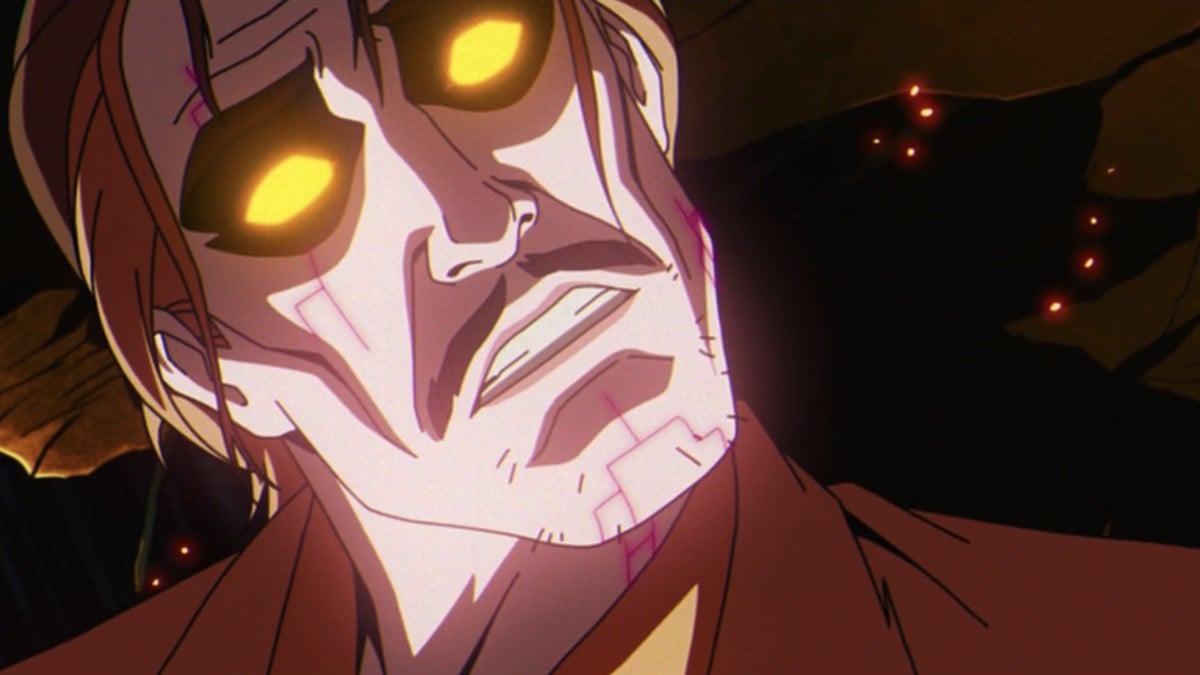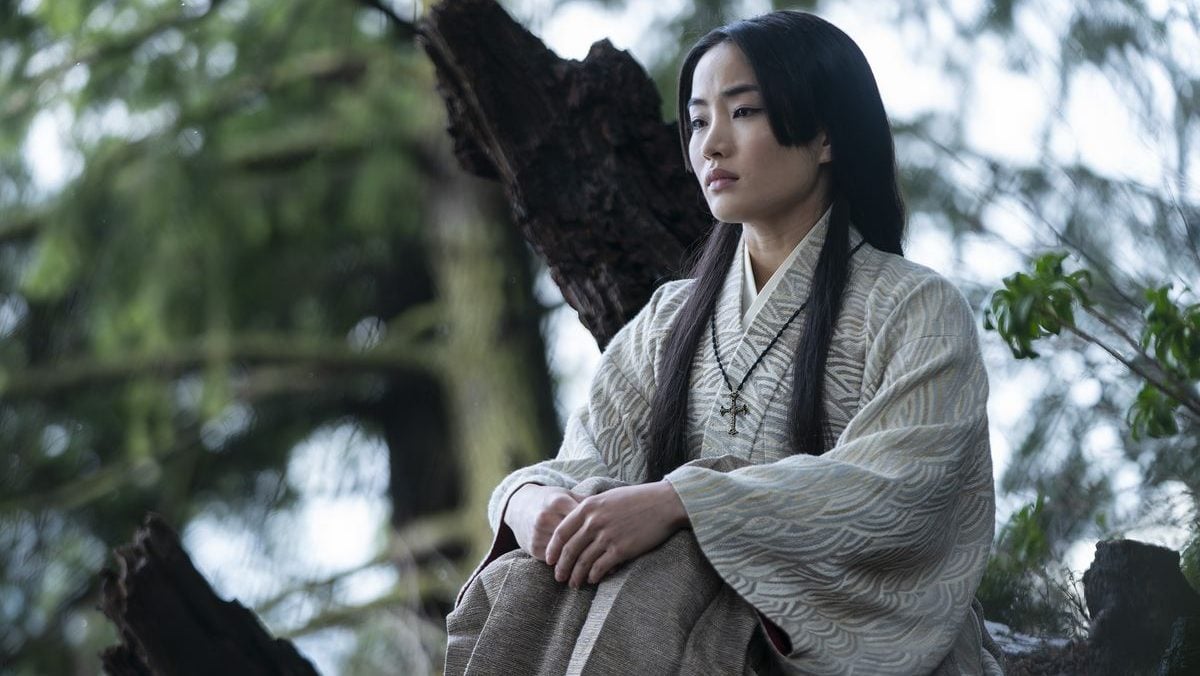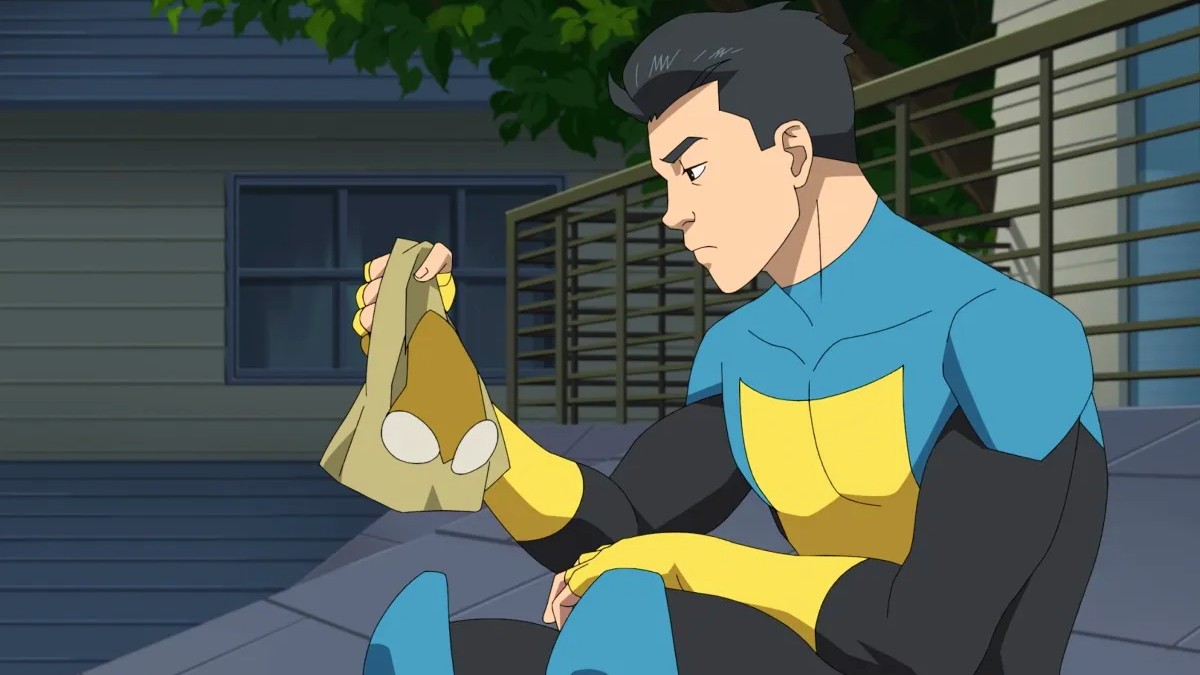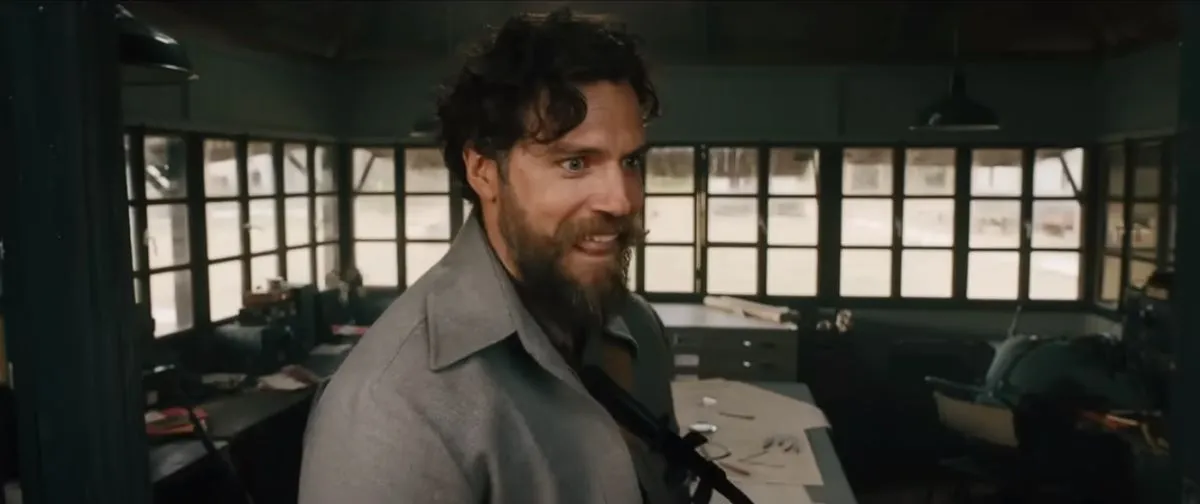If you’re a Buffy the Vampire Slayer fan (which is the same as saying ‘if you’re a human being living in the world,’ right?), A.V. Club has a truly fantastic interview with James Marsters, aka Spike. As part of their “11 Questions” series, he talks in depth about his experience on the show, the trajectory of the character, and the relevance of the show both then and now. He speaks of the show with such fondness, and such intelligence, the whole interview is a real gift for Buffy fans.
Take, for instance, the brutal honesty with which Marsters discusses what is probably the most controversial–and one of the most painful–scenes in the show’s entire run.
The sixth season of Buffy is notoriously dark. That season (spoilers, if you’re 15 years behind on the show) sees Buffy resurrected and running away, Willow’s addiction, Giles’ departure, Xander leaving Anya at the alter, and Tara’s death. As Marsters describes it, “there were just no rules anymore,” to the point where he says he became afraid to read the scripts because he “was going to have to do whatever they thought of to whoever they thought of to do it.” Joss Whedon was plunging into the darkest parts of every character.
He once told me, “It’s not about giving the audience what they want. It’s about giving the audience what you think they need.” And, for me, the most dramatic example of that would be the bathroom scene.
That scene, in which Spike tries to get Buffy to say she loves him, and ends up nearly raping her, is devastating to watch. And as Marsters describes it, the process by which they came up with the idea for the scene was pretty devastating as well.
Apparently, a lot of not just season six’s darkness, but the entire show’s, came from the writers’ own experiences. Marsters says Whedon would ask the team for “their worst day.” The worst thing they’ve done, the thing they’ve buried and don’t talk about. The fact that he cultivated enough trust with his writers for them to share those stories is remarkable in itself. Marsters calls this “an act of bravery and vulnerability every single episode.”
In the case of that scene, one of the female writers, in college, had been broken up with by her boyfriend, and decided that if she went over to his place, and if they made love one more time, everything would be fine. And so she tried to do that, and really kind of jumped the guy, and he had to push her off and say, “No, you have to leave now.”
In switching the genders of the characters, though, the result is pure horror. Not just because Buffy, in the scene, is injured. It doesn’t really matter how strong she is, or if his brain chip will hold him back; Spike’s intention in the scene is terrifying.
The thinking I think was that since Buffy was a superhero and completely capable of pushing Spike through a wall that it was kind of the same thing, and you could flip the sexes. My argument was that, actually, when anyone is watching Buffy, they are Buffy. That’s the vicarious experience that we’re offering. And so the audience, especially the female audience, they are not superheroes, but they are Buffy. And so I’m attempting to rape them. And that doesn’t quite work so well.
Marsters calls the day they shot the scene the hardest day of his professional life. He says he was “curled up in a fetal position in between takes.” It was “unbelievably hard,” but he makes it clear he’s still glad they did the scene.
Spike was evil, and I think a lot of people forgot about that. Joss was constantly trying to remind the audience, “Look, guys, I know he’s charming, but he’s evil.” He’s a bad boyfriend. It would be bad to date a guy like this. And I think he wanted to reinforce that in the most dramatic way imaginable. And also give Spike a really good reason to try to reform and try to become better and try to get a soul. Joss doesn’t do anything with half measures. He goes all the way with things. And I’m glad he does.
What makes this scene really unusual, though, is that the evilness Spike shows in this moment is not regular, removed, soulless vampire evil. Spike’s relationship with emotions always felt different than that of other vampires. Even Angel, in the episodes when he loses his soul, doesn’t just turn mean. He doesn’t seem capable on any level of caring about anything or anyone the way–even considering this scene–we’re meant to believe he cares about Buffy, or Drusilla before her.
So when Spike assaults Buffy, that’s not vampire-evil. It’s human-evil. And that’s so much scarier, because that’s the kind of evil we all see every day. We might get spooked out by the thought of vampires, but the idea of a man insisting he loves a woman while assaulting her will always be infinitely more terrifying.
(via A.V. Club, image via screengrab)
—The Mary Sue has a strict comment policy that forbids, but is not limited to, personal insults toward anyone, hate speech, and trolling.—
Follow The Mary Sue on Twitter, Facebook, Tumblr, Pinterest, & Google+.










